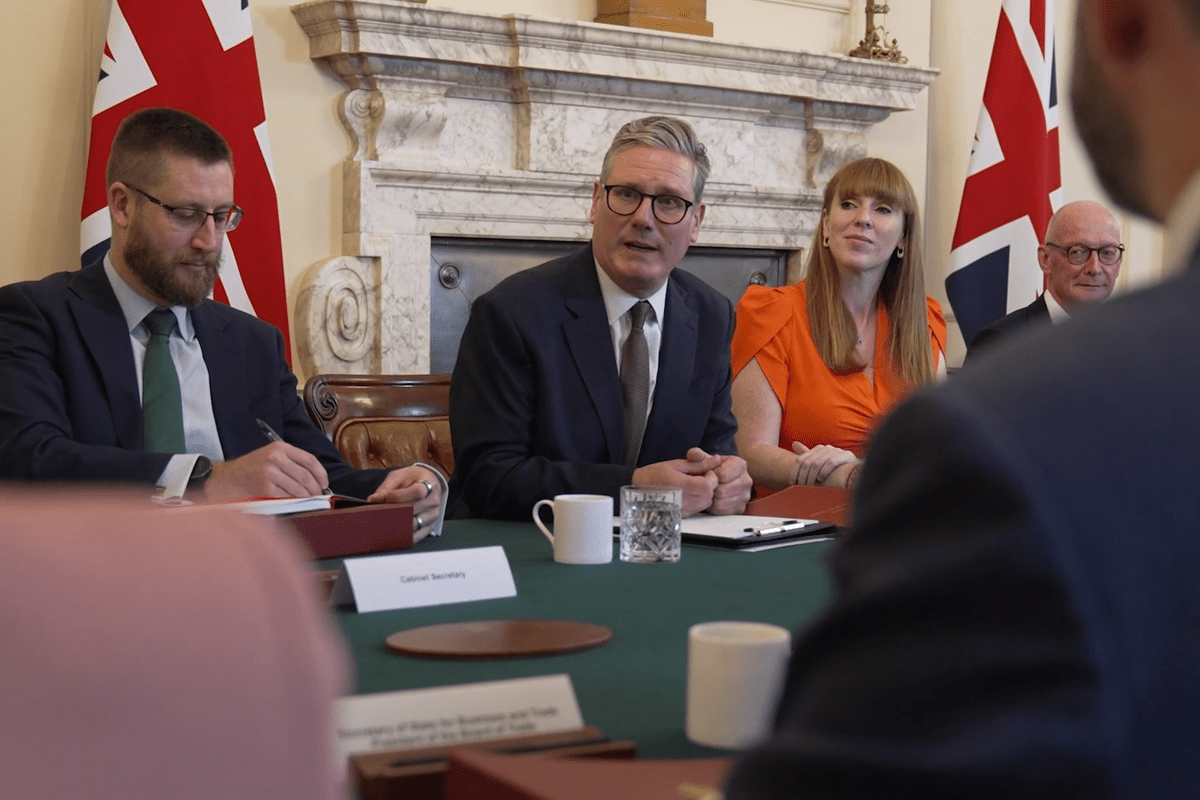By Andrew Griffith
Copyright cityam

The economy is flatlining. Unemployment is rising. Investors are fleeing our shores.
At times like these, businesses needs support. But instead of a shot in the arm, they get a series of knives in the back.
One of Labour’s first acts after coming to power was to hike Employer National Insurance Contributions. And now the employers that drive our economy face another blow.
This week, Labour MPs blocked constructive changes to their dreaded Unemployment Bill. Sensible mitigations were put forward by leading business groups and with cross-party support in the House of Lords.
A party governing in the national interest – or one which simply better understood business – would have accepted these well intentioned changes to temper the worst excesses of their Bill.
They would have kept probation periods in place for new staff, encouraging employers to give young people their first jobs.
They would have forced Labour to consult small businesses on the impact of the Bill.
And they would have ensured ballots for strike action require a 50 per cent turnout preventing a militant minority from hi-jacking our public services.
But Labour MPs rejected all these amendments and more. They refused all compromise on the Bill. And as a result, businesses stand to be loaded up with enormous new burdens.
The Bill was written by unions, for unions
The government’s own impact assessment said the Bill could cost businesses up to £5 billion per year. That and the changes to NICs will cost businesses almost £1000 per worker per year.
The implications for employers are obvious. But then employers have always been an afterthought in this so-called Employment Bill.
This is a Bill written by the unions, for the unions. That’s why another Conservative-backed amendment that would have stopped workers unknowingly funding trade unions donations to the Labour Party was blocked by them.
Last week, our capital was crippled by those unions. Labour have seen the damage that strikes did to businesses across London and seem to have decided they want more of it.
They have clearly decided that getting people into work and keeping them there is not a priority.
Yesterday’s ONS figures revealed 142,000 payrolled jobs have disappeared in the past year, with 8,000 in the past month alone. 90,000 workers were shed from the accommodation and food services industries – some of the most severely impacted by rising taxes. Vacancies are plummeting at a time millions need to be moved from welfare into work.
And what’s even more alarming is Britain is doing worse than every other country. Last week, recruitment firm Manpower revealed hiring plans fell by 17 percentage points in Britain in the past year. The next-worst, Singapore, had a fall of nine points.
Starmer and Reeves are doubling down
Half of businesses told the Bank of England they had cut jobs because of the NICs rise.
Yet in the face of this decline, Keir Starmer and Rachel Reeves have not simply refused to change course but actually doubled down on their damaging policies and opted to further increase the pressure on businesses.
Businesses need the freedom to invest, grow and create new jobs. Instead, their costs are going up and their room for manoeuvre is shrinking. And we all know that in the absence of a resolve to cut spending, the next Budget is likely to mean more misery for our wealth creators.
It’s time for this government to listen to industry – and it should start by sticking its Unemployment Bill on the scrapheap.
Andrew Griffith MP is the Shadow Business Secretary



